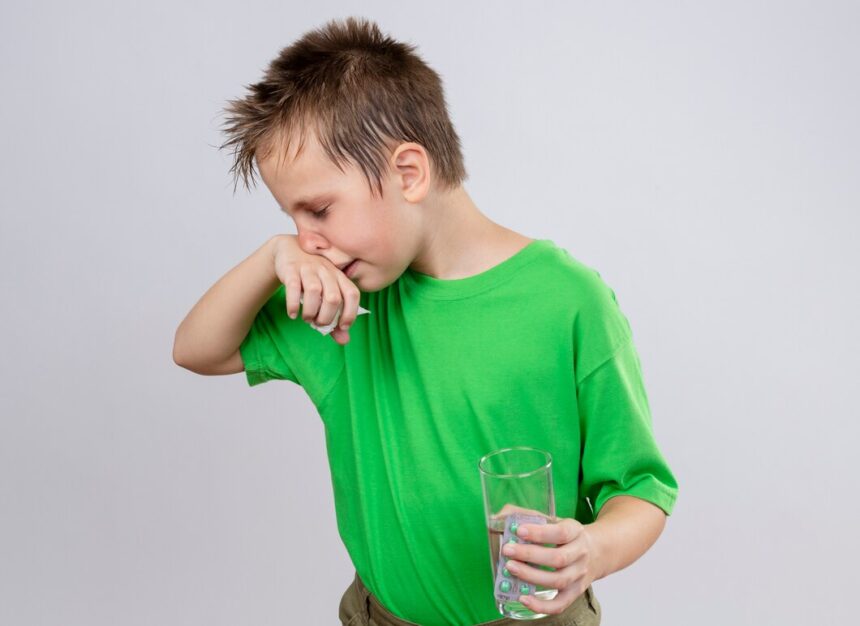Hepatitis B is a viral infection that primarily affects the liver, leading to both acute and chronic health issues. While adults can experience more pronounced symptoms, children may exhibit early signs that can be subtle or easily overlooked. Understanding these early signs is crucial for timely diagnosis and management.
What is Hepatitis B?
Hepatitis B is caused by the Hepatitis B virus (HBV), which is transmitted through contact with infectious body fluids, such as blood, semen, and vaginal secretions. It can be spread through various means, including:
- Mother-to-child transmission during childbirth
- Unprotected sexual contact
- Sharing needles or other drug paraphernalia
- Exposure to infected blood through cuts or abrasions
Early Signs and Symptoms
Fatigue and Weakness
- Children may feel unusually tired or weak, experiencing a significant decrease in energy levels. This fatigue can affect their daily activities, including play and schoolwork.
Loss of Appetite
- A sudden decrease in appetite or disinterest in food is common. Children may refuse to eat or show reluctance towards their favorite meals.
Nausea and Vomiting
- Hepatitis B can lead to gastrointestinal symptoms, including nausea and vomiting. Parents should monitor their children for these signs, especially if accompanied by other symptoms.
Abdominal Pain
- Pain or discomfort in the upper right quadrant of the abdomen, where the liver is located, can be an early indicator of hepatitis. This pain may be mild or severe.
Dark Urine
- The urine may appear darker than usual, resembling tea or cola. This change can indicate liver dysfunction, which can occur in hepatitis infections.
Pale Stools
- Stools may become lighter in color, often described as clay-colored. This change can be associated with a lack of bile reaching the intestines due to liver issues.
Jaundice
- One of the more recognizable symptoms of hepatitis is jaundice, which causes the skin and the whites of the eyes to turn yellow. This occurs due to the buildup of bilirubin in the blood when the liver is not functioning properly.
Joint Pain
- Some children may experience pain or discomfort in their joints, which can be mistaken for growing pains or other conditions.
When to Seek Medical Attention
If a child exhibits several of these symptoms, especially fatigue, jaundice, or abdominal pain, it is crucial to seek medical attention promptly. A healthcare provider can conduct tests to diagnose hepatitis B and determine the appropriate course of action.
Diagnosis and Treatment
Diagnosis typically involves blood tests to detect the presence of the Hepatitis B virus and assess liver function. While there is no specific antiviral treatment for acute hepatitis B in children, supportive care can help manage symptoms and prevent complications.
In cases of chronic hepatitis B, treatment options may include antiviral medications, which help to control the virus and prevent liver damage. Regular monitoring and follow-up with a healthcare provider are essential to manage the condition effectively.
Prevention
Preventing hepatitis B is key to reducing the incidence of infection in children. Vaccination is the most effective method to protect against HBV. The hepatitis B vaccine is typically administered in a series of shots, starting at birth.
Additionally, practicing safe hygiene, avoiding sharing personal items like razors or toothbrushes, and ensuring safe sex practices can help reduce the risk of transmission.
Early recognition of hepatitis B symptoms in children can lead to timely diagnosis and intervention, reducing the risk of severe complications. Parents should be vigilant about changes in their child’s health and consult a healthcare professional if any concerning symptoms arise. Vaccination and preventive measures remain vital in the fight against hepatitis B, ensuring a healthier future for children.










